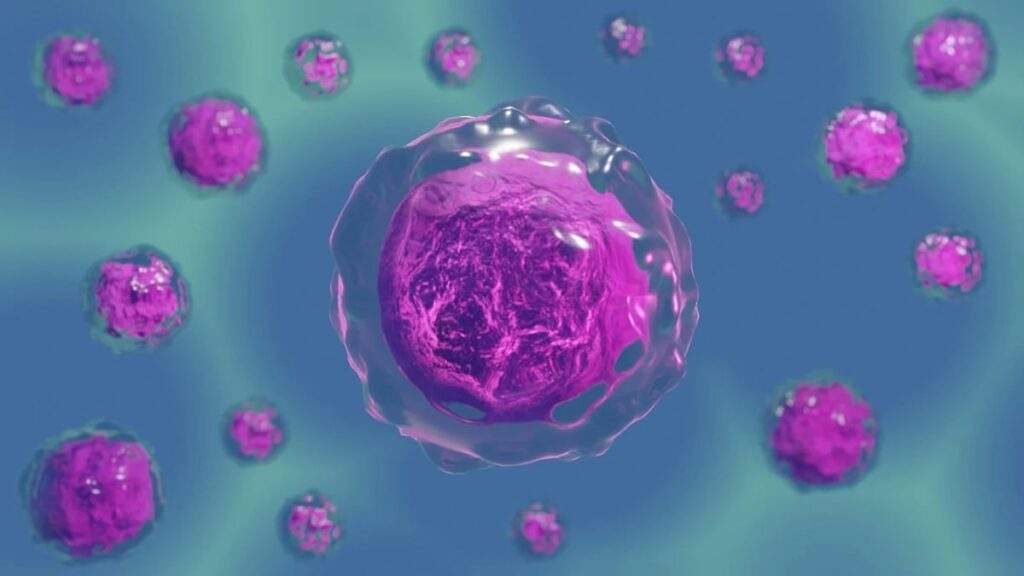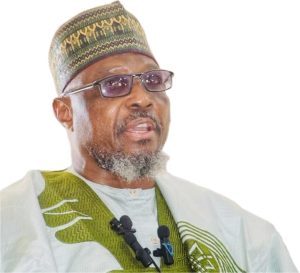Groundbreaking Discovery Offers New Hope for Reversing Ageing in Mouse Egg Cells
Researchers at the National University of Singapore have made a pioneering breakthrough in the field of fertility, revealing a potential method to reverse the ageing process in mouse egg cells. Led by Dr. Rong Li, the team has successfully rejuvenated ageing mouse oocytes by placing them into younger follicles, paving the way for similar approaches in human fertility.
The technique, known as the rejuvenation method, involves removing aged oocytes from older mice and transplanting them into young mouse follicles. As oocytes age, they face challenges with cell division, often resulting in chromosomal errors that increase miscarriage rates. However, by reintroducing these older oocytes into a young follicle, the scientists claim they have been able to restore crucial connections and enhance cell function. This method has shown that oocytes can recover their youthful characteristics, leading to improved cell maturation and lower rates of chromosomal abnormalities.
The study highlights the significance of the rejuvenation method for fertility treatments. Rejuvenated oocytes exhibited better maturation rates and fewer chromosomal issues. When these eggs were fertilised and reimplanted into mice, there was a notable increase in successful pregnancies. If similar techniques can be developed for human use, this could offer a new avenue for treating age-related fertility problems.
The findings suggest that the follicular environment plays a crucial role in egg quality and raise optimism about the potential for new fertility treatments that could help individuals struggling with age-related reproductive challenges. Dr. Rong Li and her team are continuing to explore these findings, providing renewed hope for those dealing with fertility issues.
The possibility of reversing the ageing process in mouse egg cells holds immense promise for improving human fertility. While more research is needed before these findings can be applied to people, this breakthrough demonstrates significant progress in the field and offers a glimmer of hope for those facing challenges related to age. As scientists continue to unravel the mysteries of egg development, this discovery could revolutionise the way we approach age-related fertility issues, enabling more individuals to access innovative treatments and achieve their family-building goals.









